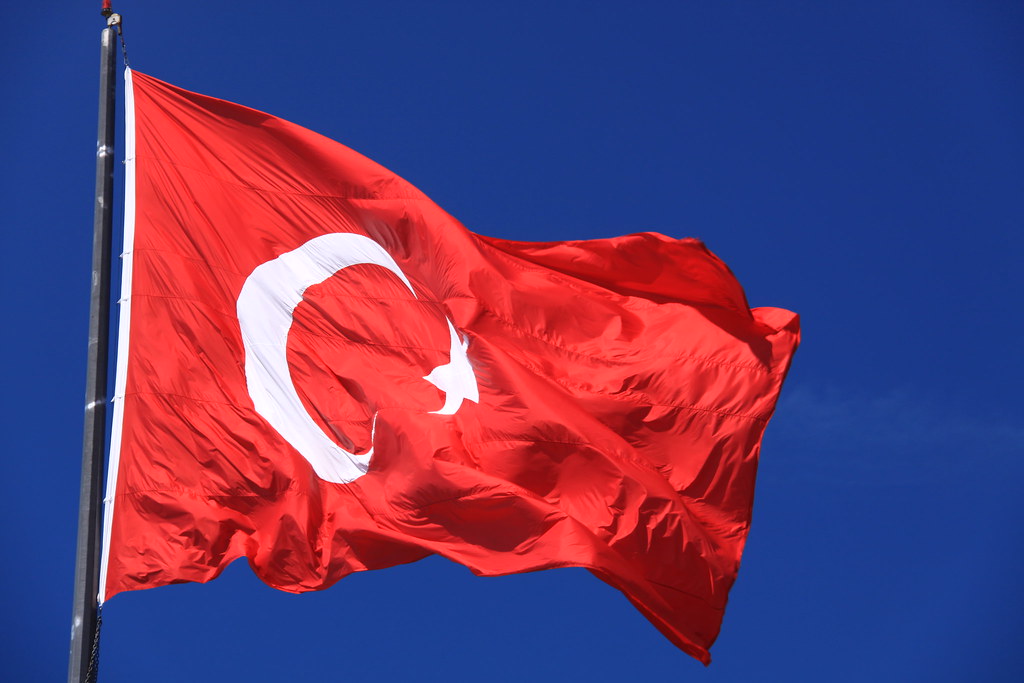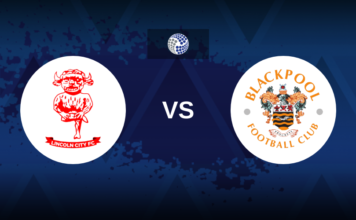Hakan Sukur boasts an impressive record in football, with 398 goals to his name, surpassing renowned players like Shevchenko and Batistuta.
His trophy cabinet holds 19 titles, eclipsing the achievements of Zidane and Ronaldinho, along with at least 124 assists, outshining Paul Scholes. Sukur’s accolades include being the top scorer in the 1997 world, leading Galatasaray to Turkey’s sole UEFA Cup triumph, and clinching a World Cup medal for his country after a 48-year hiatus from the tournament. In 2004, UEFA crowned him the greatest Turkish player ever. Despite these honors, Sukur now lives in exile, unable to return to his homeland. His assets have been seized, and he spends his days working in a bakery in California and driving for Uber.
Once revered as Turkey’s football hero, Sukur now faces erasure from the nation’s history. His name has been scrubbed from stadiums, statues removed, and even his goals erased from match replays. In media references, he’s labeled as “Fugitive FETO member, Hakan Sukur.” This systematic removal aims to obliterate his legacy.
Sukur’s journey began long before Erdogan’s presidency. Raised in adversity, he endured his father’s pressure to abandon basketball for football. Sukur’s talent shone early, propelling him to success at Sakaryaspor and later Bursaspor. His move to Galatasaray marked a turning point, where he flourished, leading the team to league and cup victories. Despite skepticism, Sukur silenced doubters with stellar performances.
His international acclaim soared as he guided Galatasaray to historic wins in Europe. Sukur’s prowess earned him the moniker “Kral” (the king) and “The Bull Of The Bosphorus.” However, political interference marred his personal life. Erdogan orchestrated Sukur’s marriage to consolidate political ties, leading to a tumultuous relationship. Sukur’s subsequent departure from Torino signaled the end of his European venture.
Returning to Galatasaray, Sukur continued his dominance, securing league titles and international recognition. His stellar form propelled Turkey to the 2002 World Cup semi-finals, where Sukur etched his name in history with the fastest goal ever scored in a World Cup match. Despite accolades, his stint in Europe faltered, marked by injuries and managerial changes.
A brief stint at Blackburn Rovers ended in disappointment, cementing Sukur’s belief in a curse that bound him to Galatasaray. In retirement, he ventured into politics but faced persecution amid Erdogan’s crackdown on dissent. Sukur’s allegiance to Fethullah Gulen, Erdogan’s former ally turned rival, led to his exile and persecution. Erdogan’s vendetta culminated in Sukur’s erasure from Turkish history.
Today, Sukur resides in California, a shadow of his former self, haunted by political vendettas. His story epitomizes the clash between sports and politics, where a footballing icon becomes a casualty of power struggles. Despite adversity, Sukur remains hopeful, believing that light will one day illuminate his legacy. In recounting his tale, we honor the forgotten legend, Hakan Sukur.







